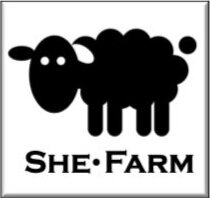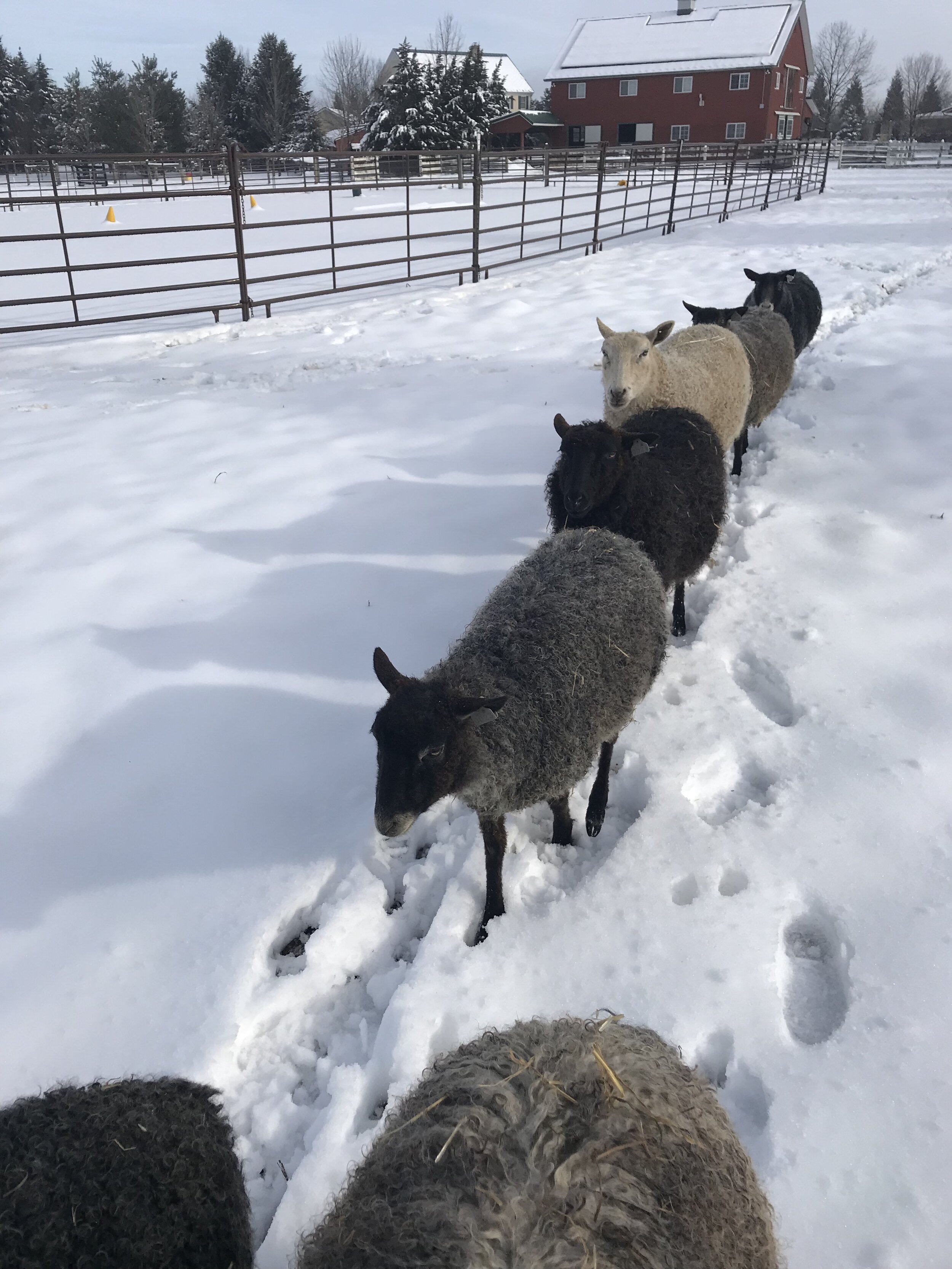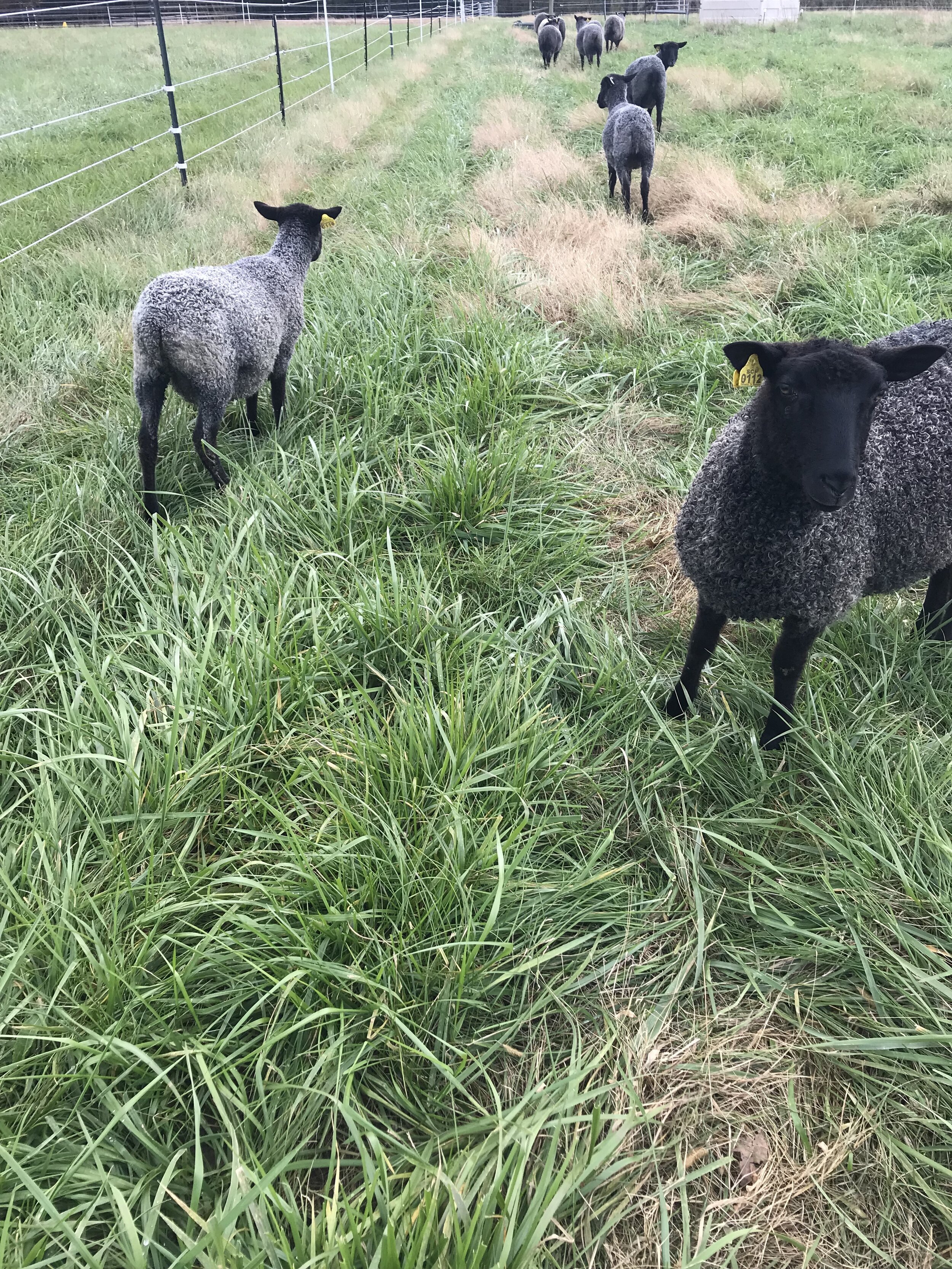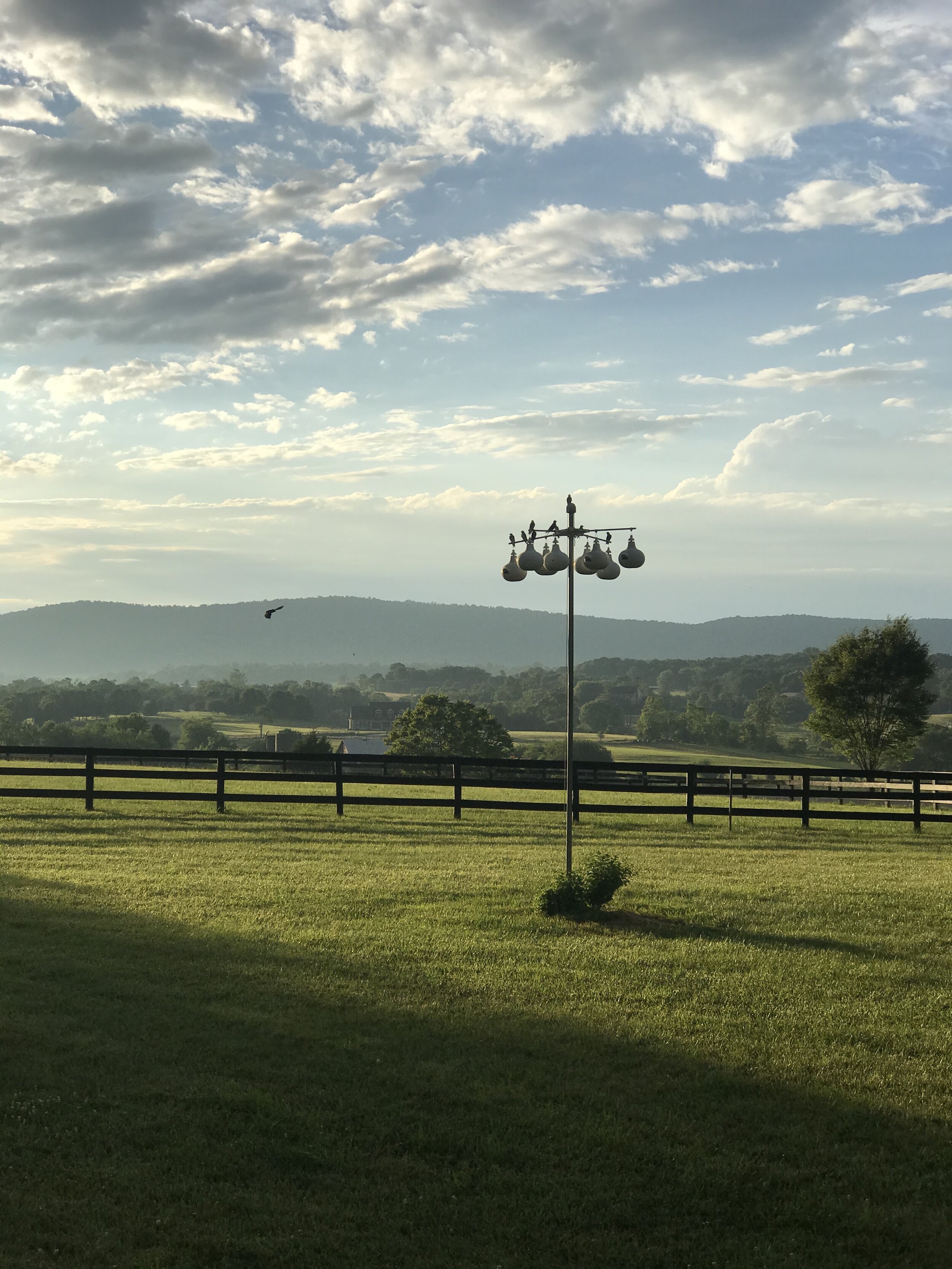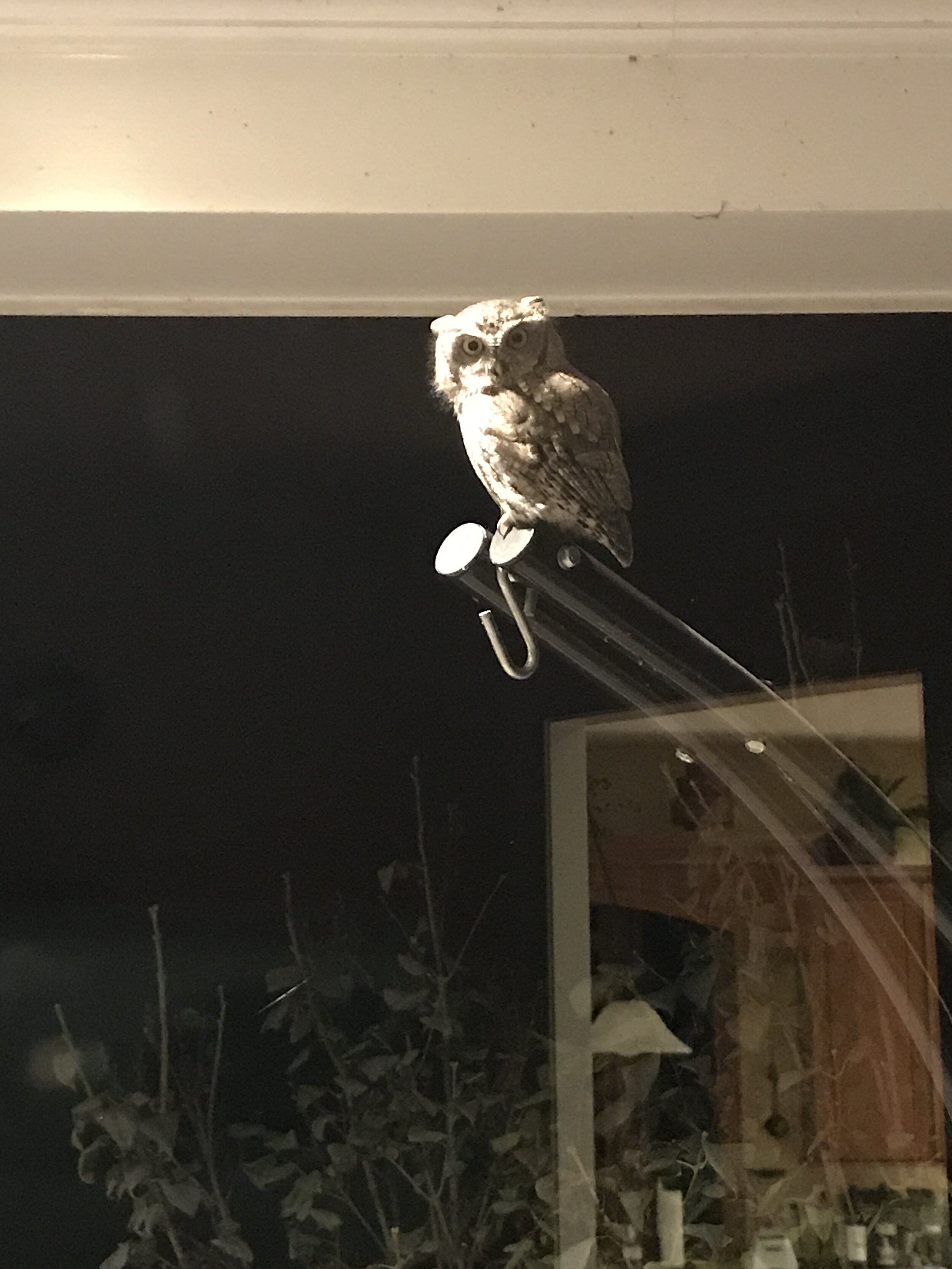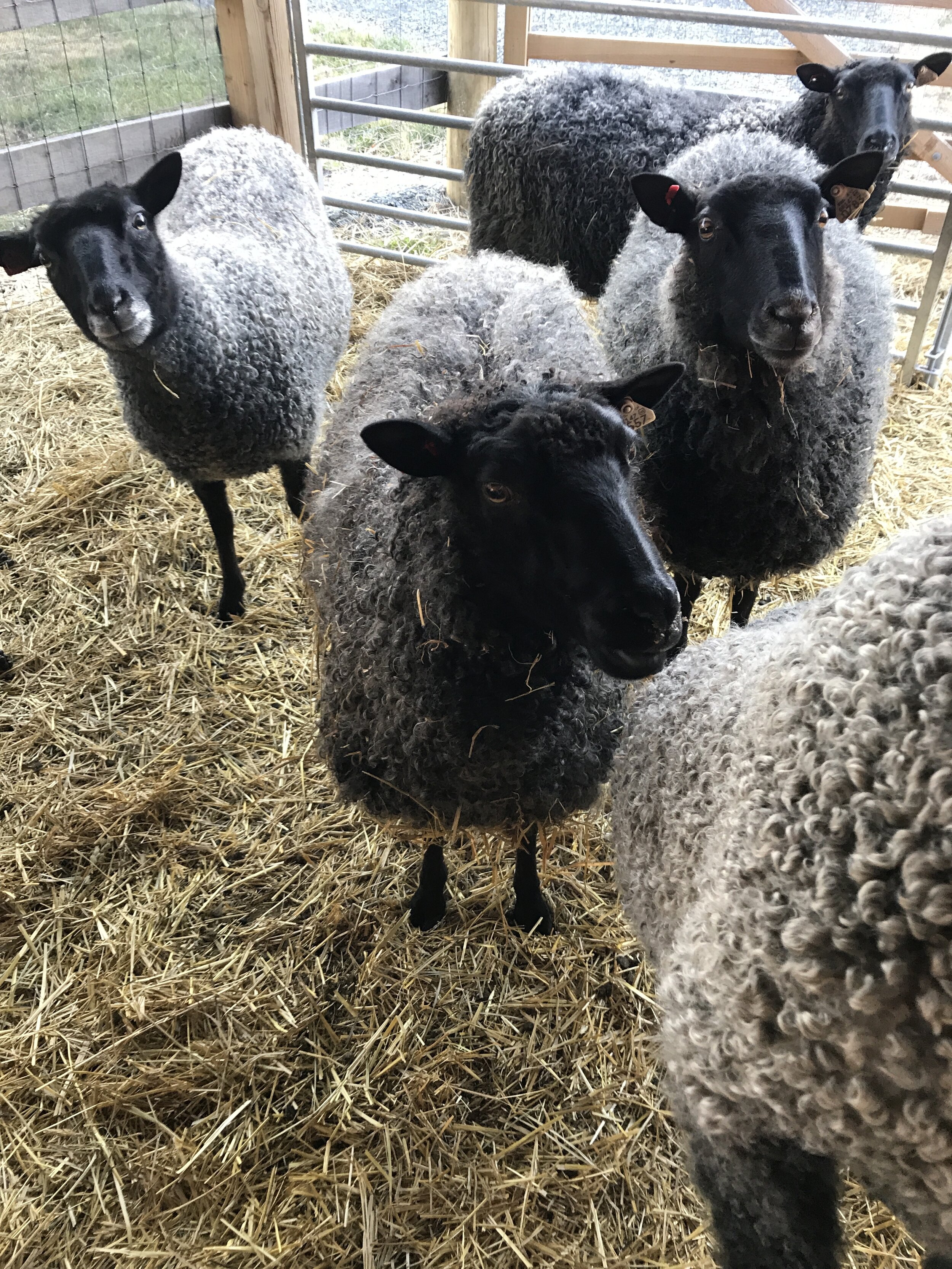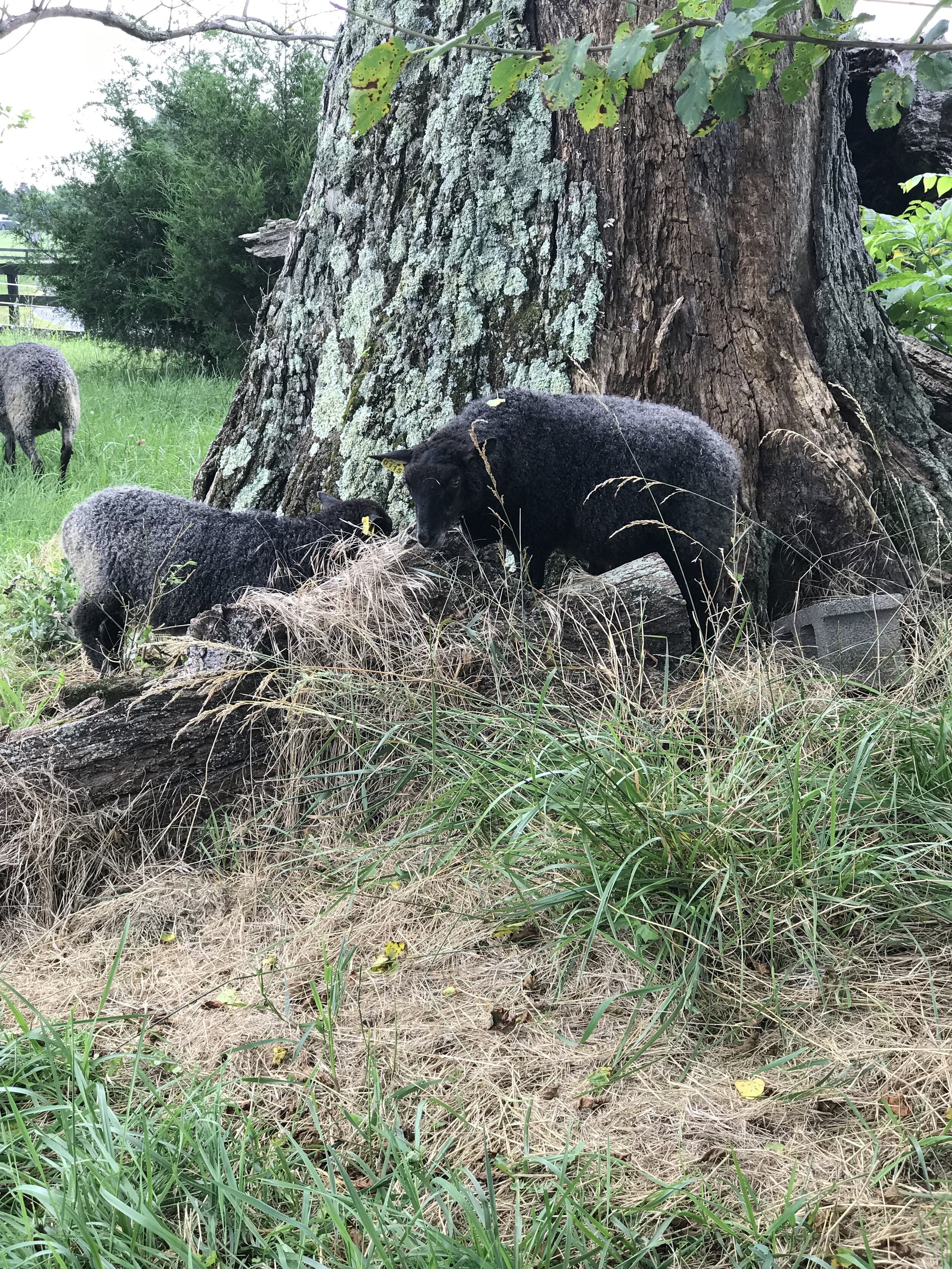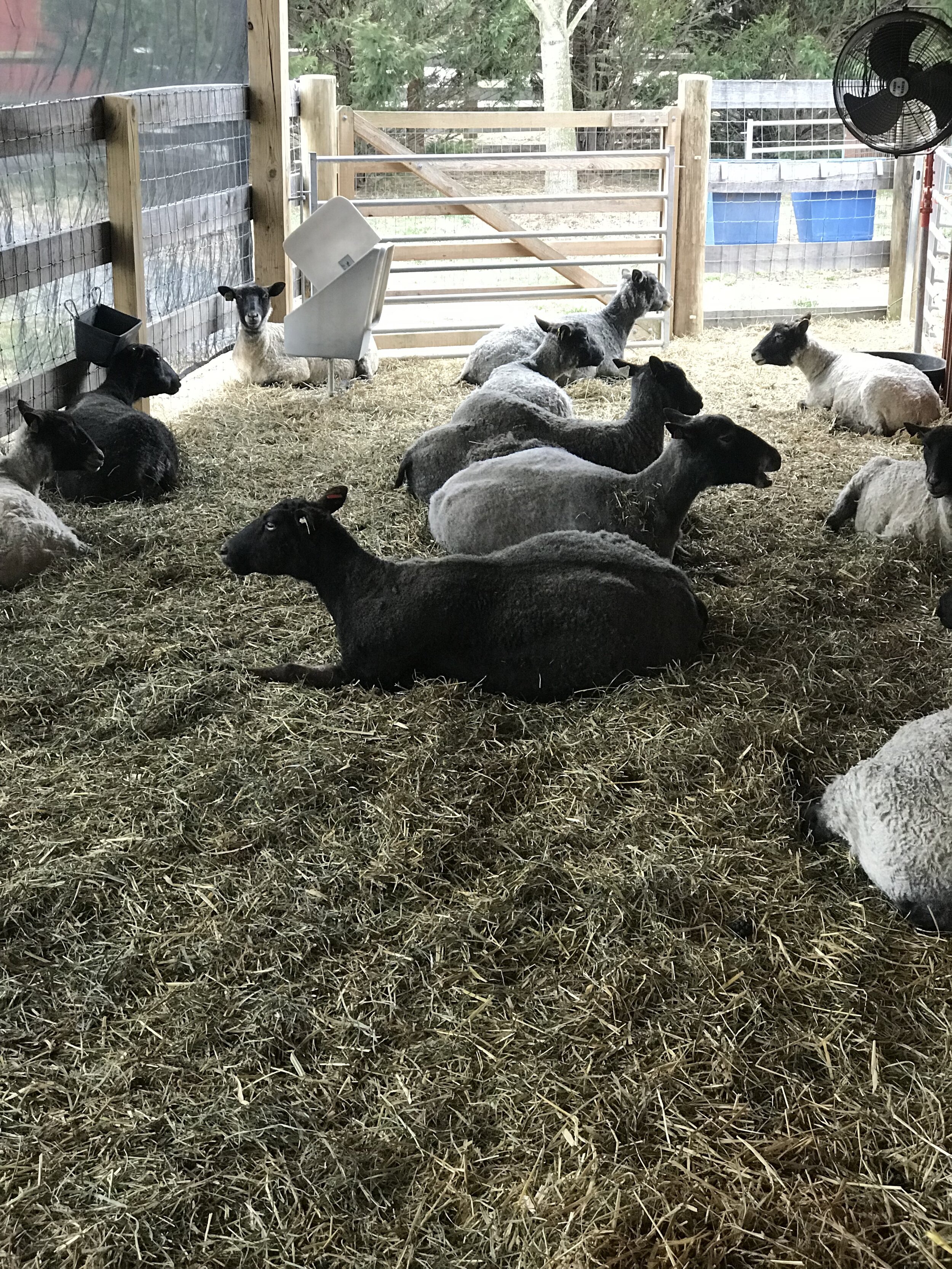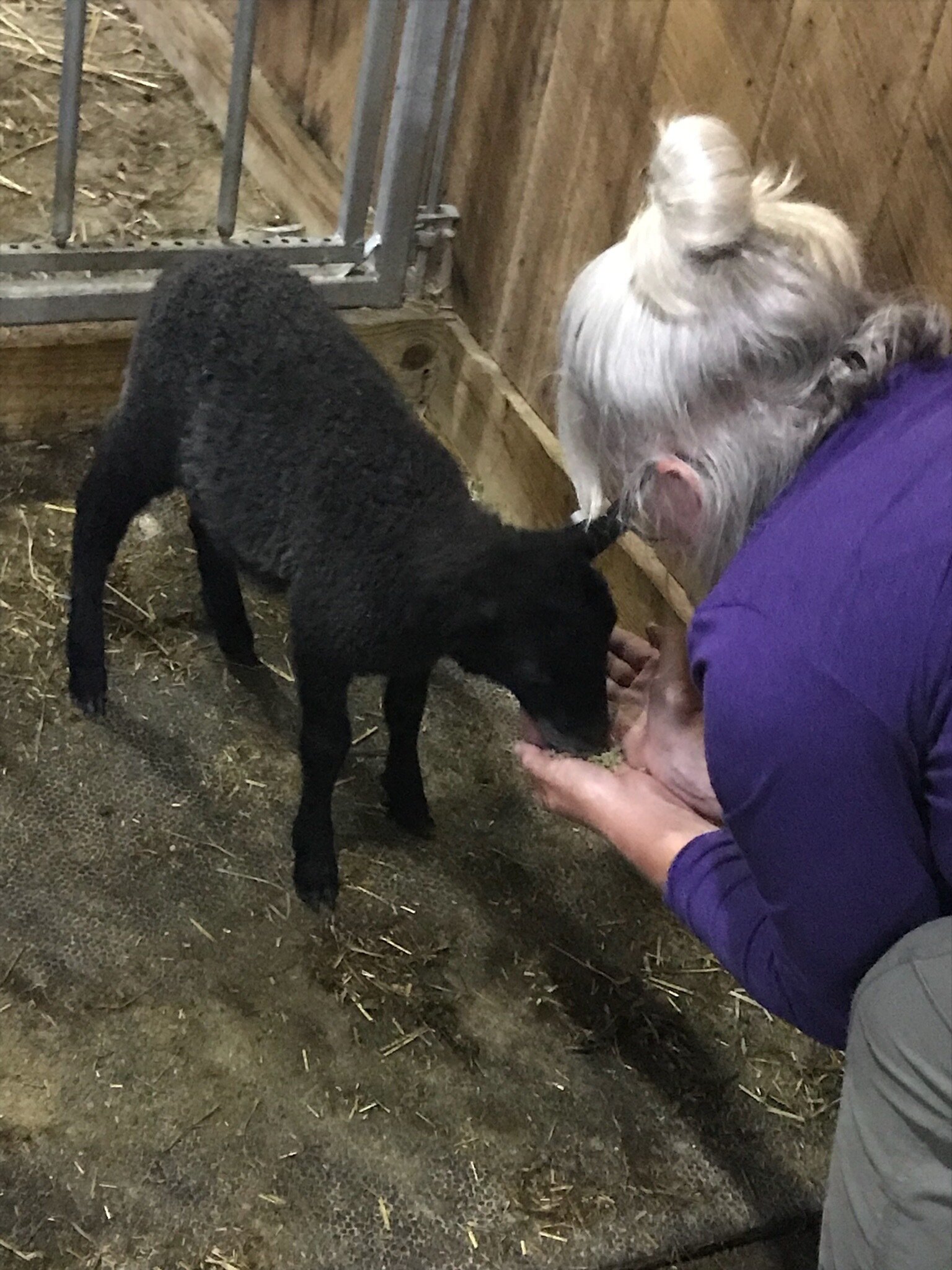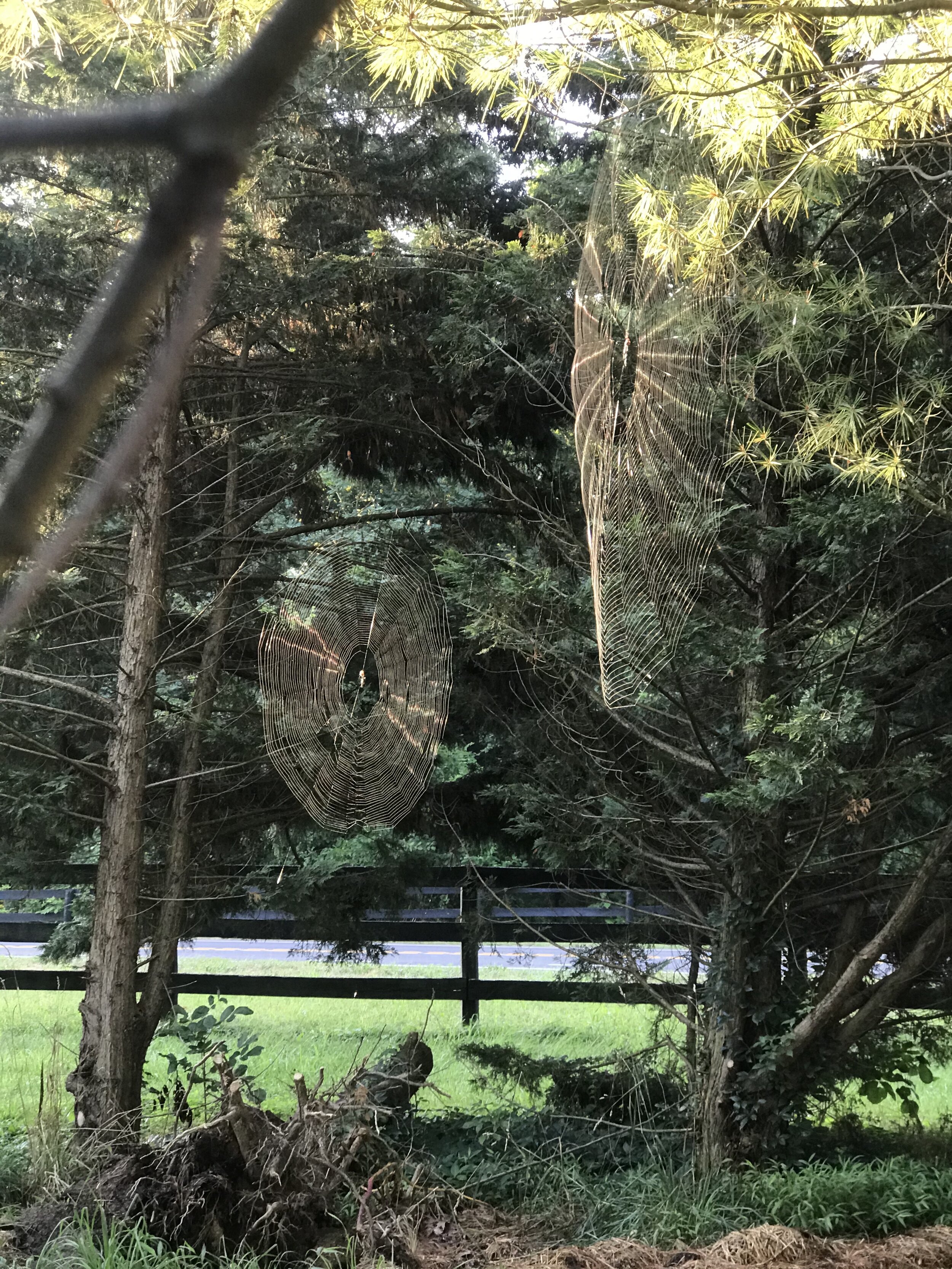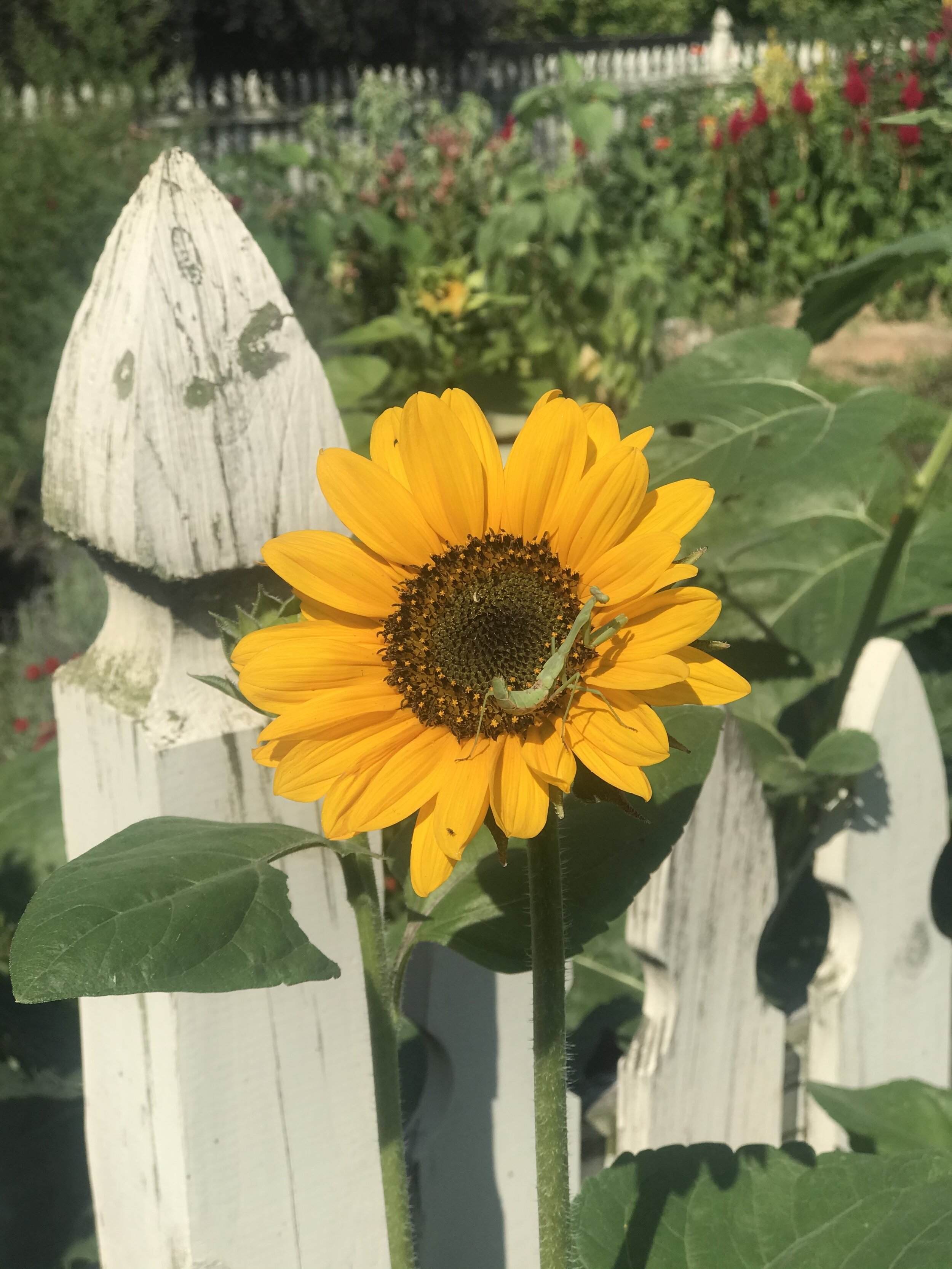Shepherds Corner Farm
At She.Farm, we practice sustainable agriculture and do our best to live in harmony with nature. We regularly rotate our sheep and horses from pasture to pasture, for the long-term health of both our livestock and grassland. We’ve planted literally hundreds of trees and shrubs that serve as habitat for local birds and wildlife that grow in number and variety every year. All of the electricity that we use to power our farm and business is generated by on-site solar panels. We also provide housing for large colonies of purple martins and bats, which provide 100% natural control of flying insects, both day and night.
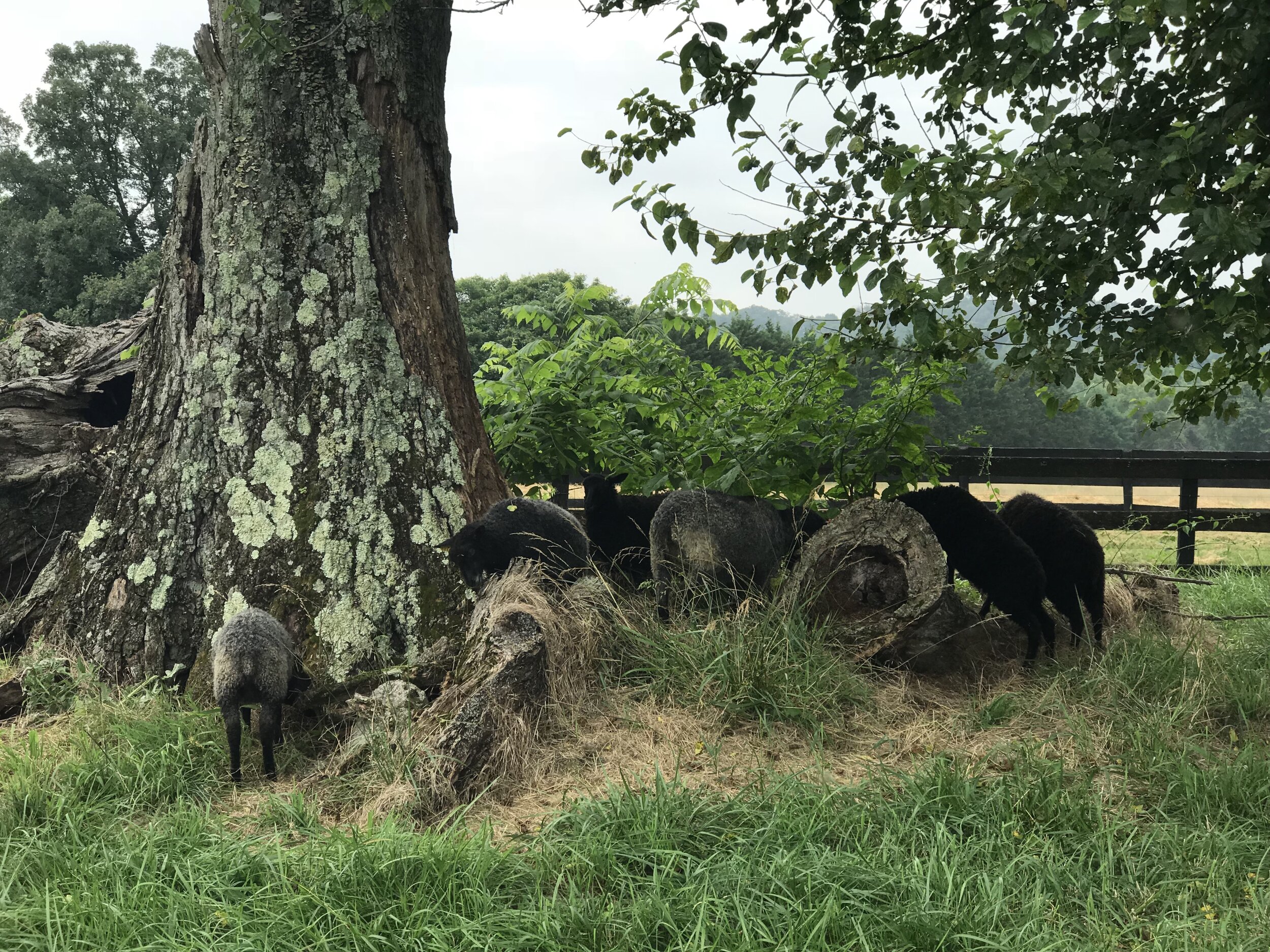
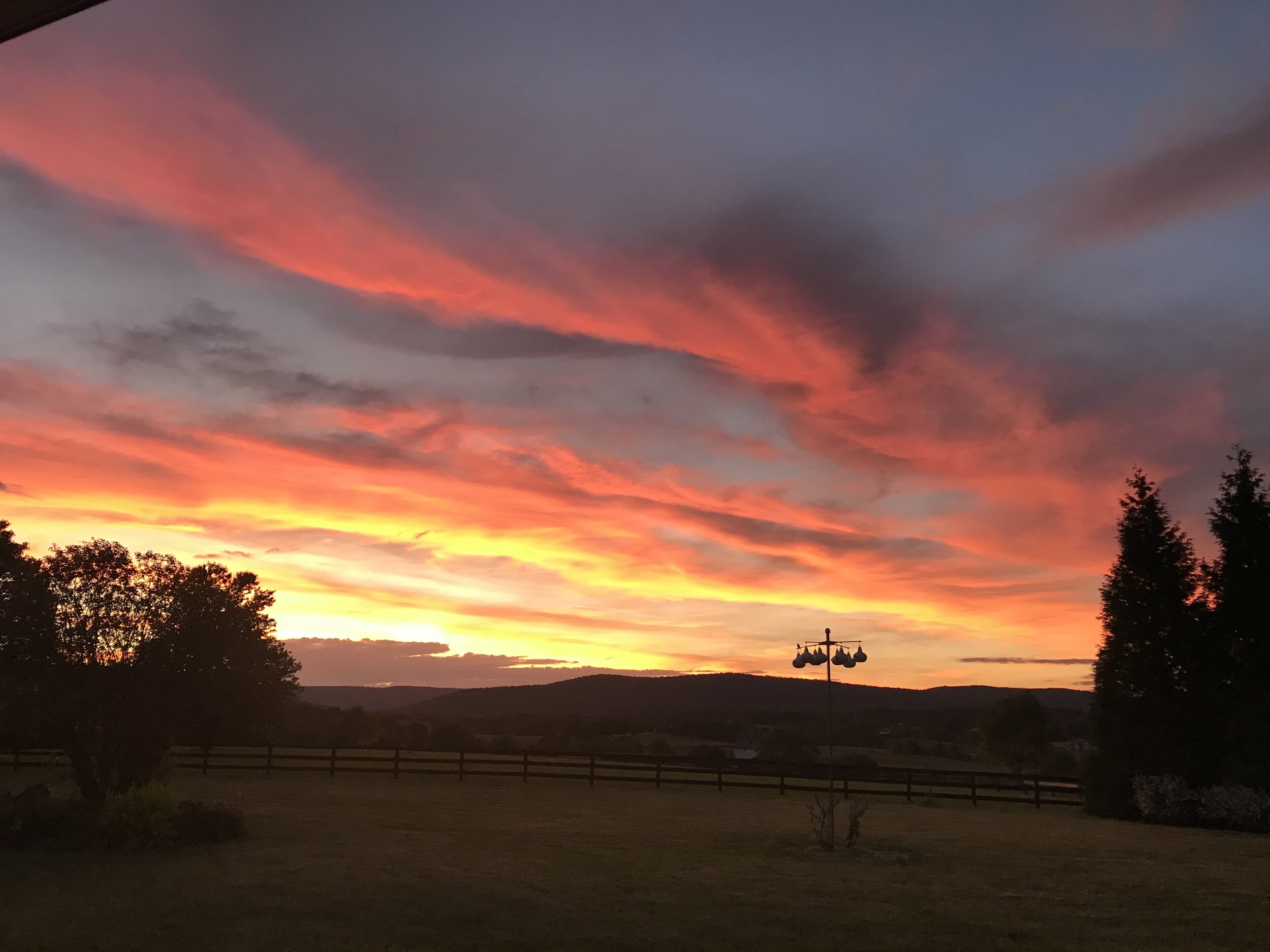
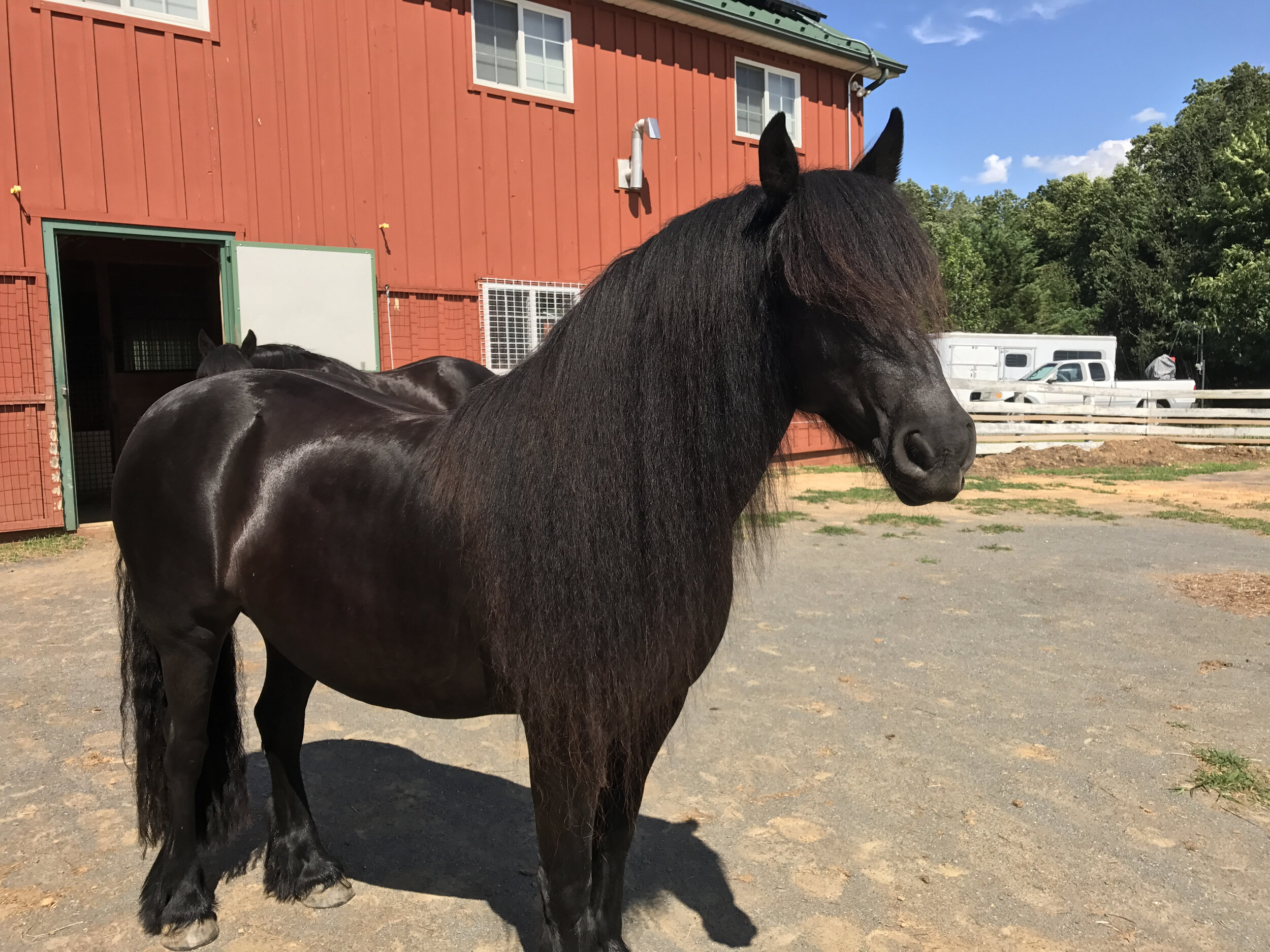
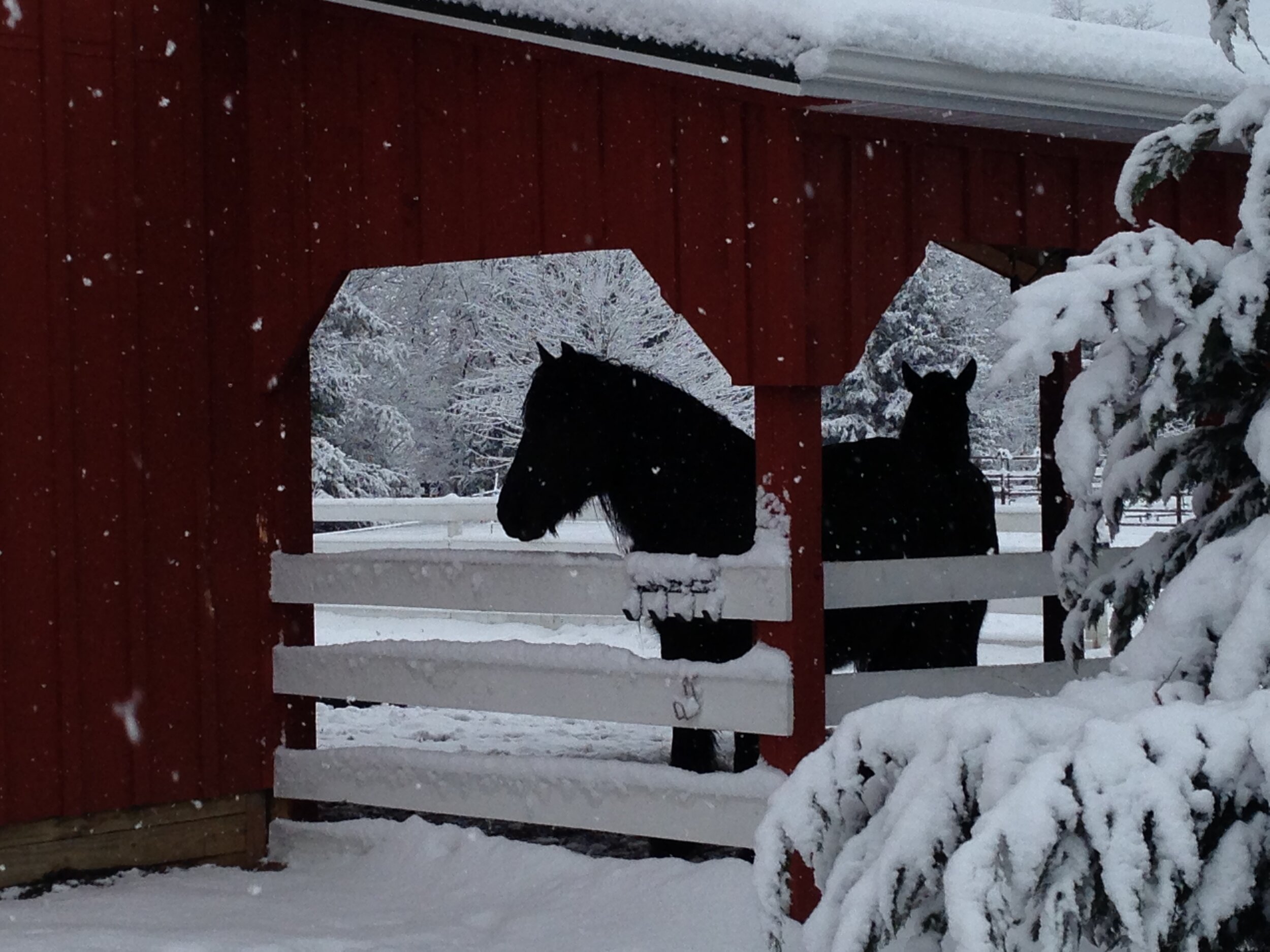
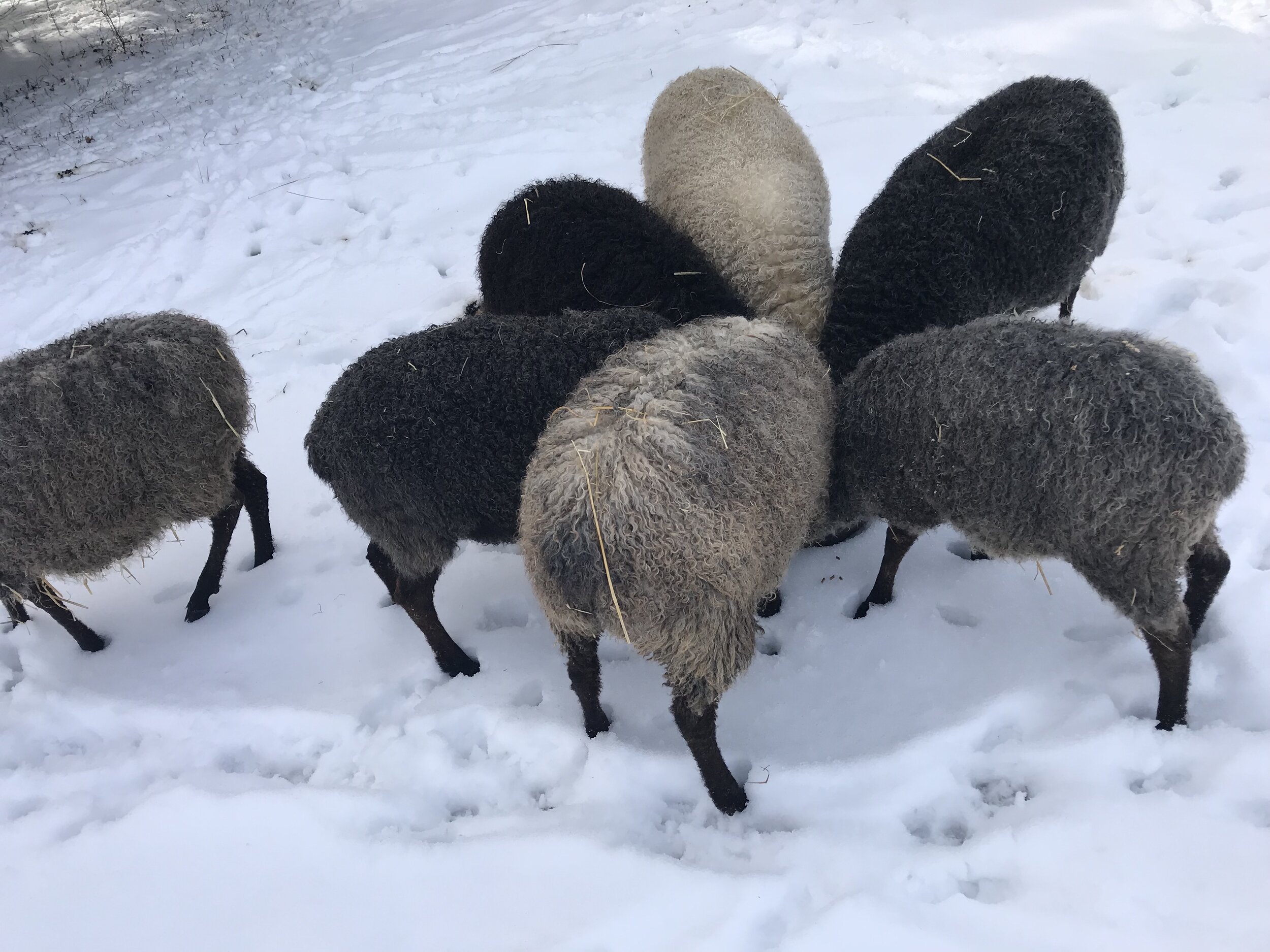
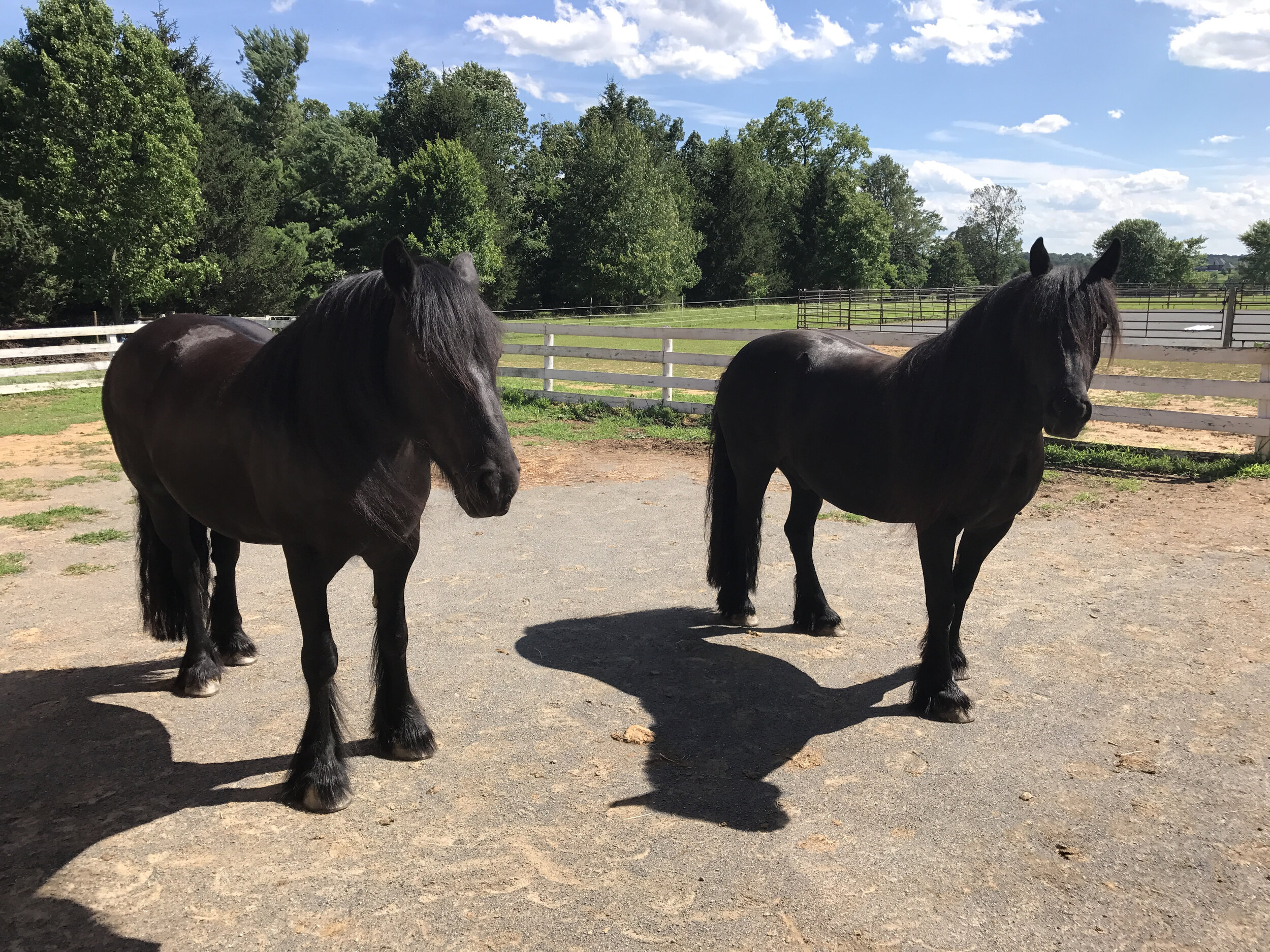
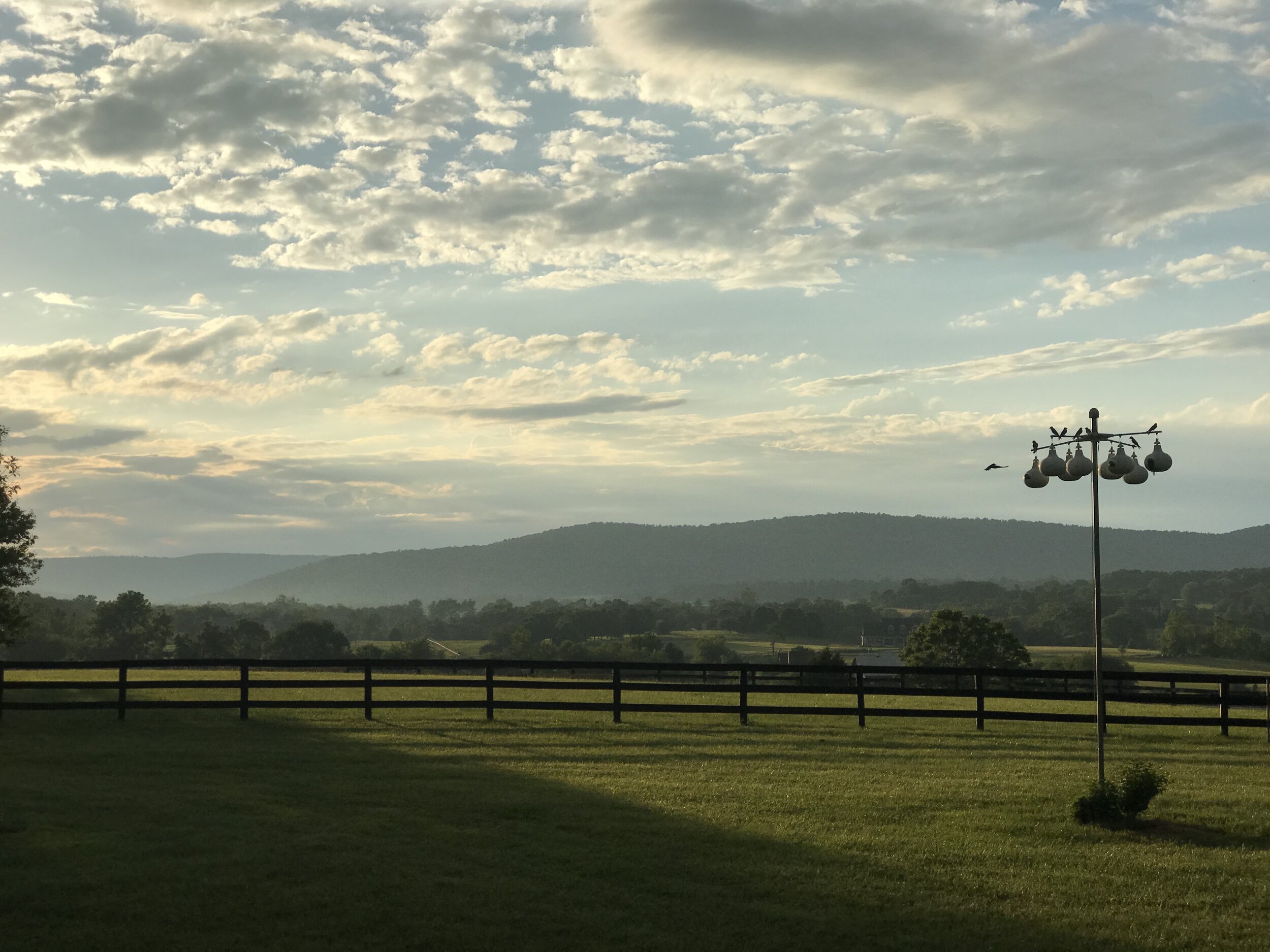
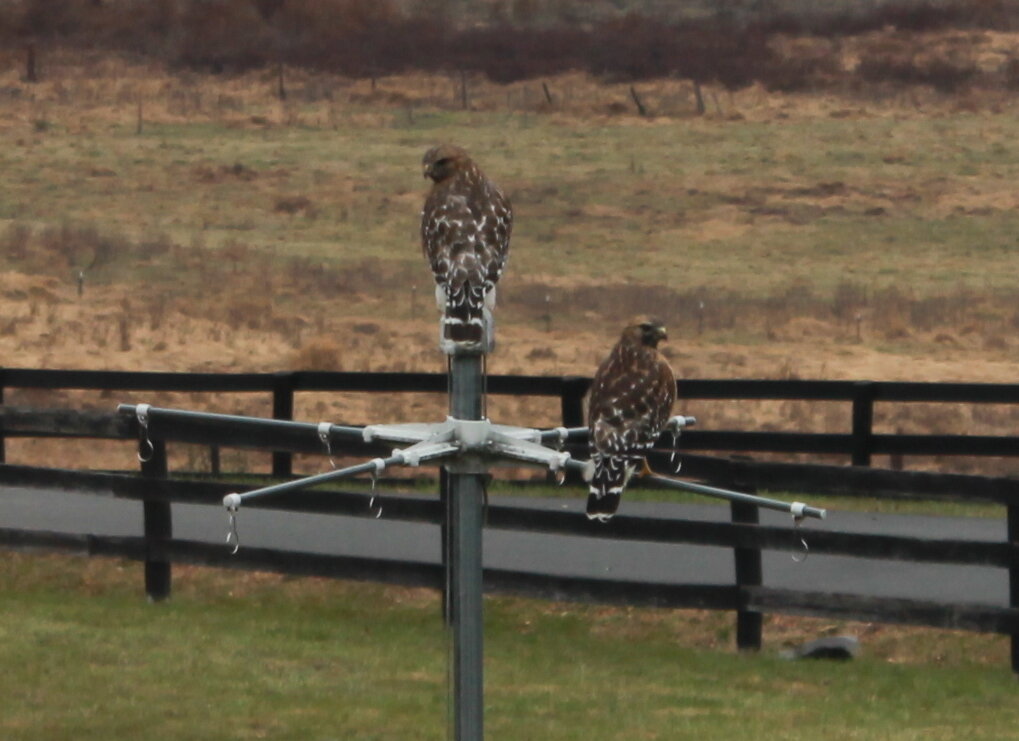
Some Helpful Information and Links
Gotland Sheep - My flock is 100% Gotland, a breed of sheep that is native to a small island off the coast of Sweden.
Purple Martin Society - Purple Martins are the largest member of the Swallow family. During the Spring and Summer months, they live in North America, where they are highly desirable, both because they consume huge numbers of flying insects and because of their tremendous airborne agility and busy, chattering communications. In early Autumn they migrate to Central and South America. Unlike most other birds, they are dependent on humans for their housing, which consists of specialized gourds suspended from poles in open areas that are ideal for hunting.
International Dark Sky Initiative - Over the past two decades, night-time light pollution has become universally recognized as a threat to wildlife because it interferes with hunting, feeding and navigation processes upon which animals rely. At She.Farm we strictly limit our exterior lighting and encourage others to do so as well. A side benefit? We get to see the stars at night!
Loudoun Wildlife Conservancy - The LWC is a group of like-minded citizens focused on preserving wildlife and habitat, an important part of the legacy of western Loudoun County.
Bats in Virginia - A variety of species of bats are native to Virginia We encourage bats to nest at She.Farm by providing bat houses (you can see one on the barn in the photo above) and avoiding the use of any chemical pesticides. Bats are prolific consumers of huge numbers of night-time flying insects such as mosquitos.
Little Brown Bats - These are the most common bats in Virginia. They summer in locations like our bat houses and winter in the caves of the Blue Ridge.
Raptors in Virginia - We have a healthy, dynamic population of raptors. These include daily visits from hawks (both red-tailed and sharp-shinned) and sightings of northern harriers and even the occasional bald eagle. Other hunters include screech owls and barred owls.
Songbirds, Waterfowl and other birds - Our local populations include cardinals, wrens, bluejays, blue birds, blue herons, Canada geese, gold finch, mockingbirds, robins, pileated woodpeckers, green herons, red-wing blackbirds, turkey vultures, ravens
